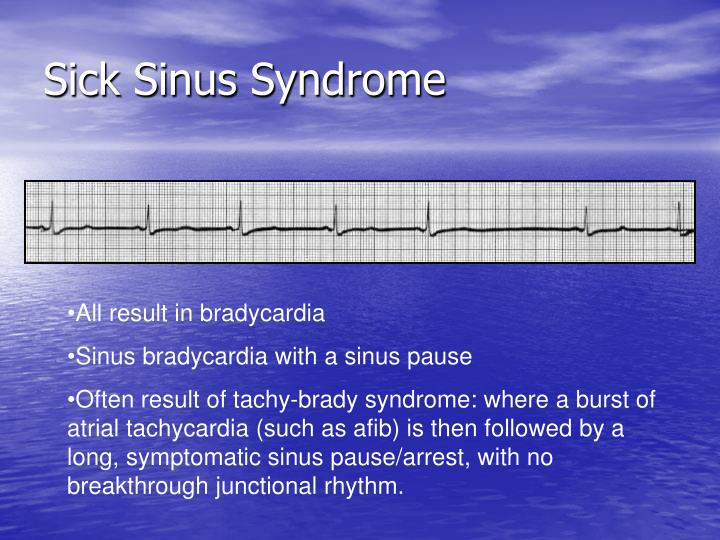

Often this gentle action is all that is needed. If breathing does not restart, then the nurse may gently rub or stimulate the baby to breathe. If the baby is having apnea or bradycardia, then the nurse will watch to see if the baby will restart breathing. If the baby is fine, then the monitor is checked to see if it is working right. The staff checks the breathing, heart rate, and color. The alarm is to let us know to check the baby. Not every alarm means the baby is having a problem loose wires, a lot of movement and poor connections can all cause alarms. What happens if the alarm goes off? The alarm tells the staff that the baby needs to be checked. Neurological problems How do I know if my baby has apnea or bradycardia? Babies that are known to be at risk for these episodes are placed on monitors that are set to alarm if the breathing or heart rate go below certain limits. Airway problems - any kind of block in the airway or nose, including mucous, can cause problems especially in a premature. Environmental factors - high or low body temperature, over-stressing or excessive handling of a very premature infant. Infection - infection is a fairly common cause and is often looked for if a baby develops apnea. This is especially true if the baby is a term infant. What other things can cause apnea and bradycardia? Most apnea and bradycardia episodes are due to prematurity but many other medical conditions can cause these problems so infants with episodes are usually checked for these problems. But other medical problems can sometimes be the cause therefore, babies who have these episodes need to be evaluated.

And often bradycardia results from the baby having apnea. What causes bradycardia? Most infants have bradycardia for the same reasons they have apnea. Apnea can also be due to other causes, especially in term babies, so the doctors and nurses may check the baby to rule out other causes before saying the baby has Apnea of Prematurity. They may also have apnea if overheated or cold or just over-stimulated. If the baby was less than 2 ½ pounds up to 85 percent will have apnea in the first few weeks of life. About 45 percent of babies weighing less than 5 ½ pounds will have at least some apnea. If this area is not mature, the baby may forget to breathe. The brain has a special area, called the respiratory center, which tells the lungs to take a breath on a regular basis. What causes apnea? Apnea is most common in premature babies because their nervous system has not finished developing.
Pauses in heartbeat full#
In general, a heart rate of 120-160 is normal for a premature and 80-140 for a full term. Also premature babies tend to have faster heart rates than full term babies do and the heart rate tends to decrease with age after birth. Babies usually have heart rates faster than adults do so a heart rate of 80 may be fine for an adult but may be low for a newborn. Bradycardia (bray-dee-car'-dee-ah) is the medical term for a heart rate that is too slow.

If the pause occurs for a longer period, the baby may need a reminder to restart breathing. The pause in breathing may be just for a short time, and the baby may restart breathing without help.
Pauses in heartbeat skin#
During the pause, the baby's heart rate may slow and, if the apnea is severe, the baby's skin color may change. Some infants, especially premature babies, may have times when they stop breathing for longer than normal. Normal breathing may speed up or slow down but usually does not stop for any length of time.


 0 kommentar(er)
0 kommentar(er)
